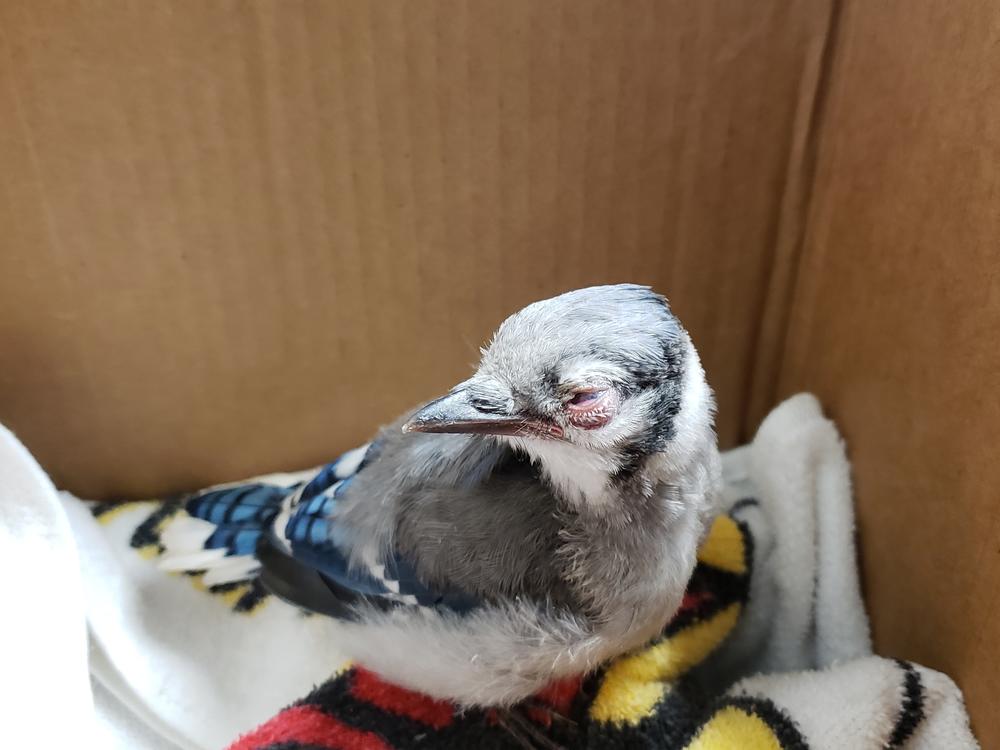Section Branding
Header Content
A Mystery Illness Is Killing Mid-Atlantic Songbirds
Primary Content
Federal and state wildlife officials in the Mid-Atlantic region are asking people to stop feeding birds and providing water in bird baths amid dozens of reports of mysterious songbird deaths.
Reports first emerged in the Washington, D.C., area in late May. Now wildlife agencies throughout the Mid-Atlantic and into the Southeast and Midwest are receiving similar reports.
"We did see really large numbers of grackles and blue jays, in particular, and they were all younger," says Belinda Burwell, a veterinarian who founded the group Wildlife Veterinary Care in Virginia.
She says birds are arriving without energy and closed eyes. "Sometimes the eyes were swollen or they were crusted," says Burwell, and they have neurological symptoms like dizziness, "where they would swing their head very slowly back-and-forth."
Several species of birds have been affected by the mystery illness, according to the University of Pennsylvania: blue jay, European starling, common grackle, American robin, northern cardinal, house finch, house sparrow, Eastern bluebird, red-bellied woodpecker, Carolina chickadee, and Carolina wren.
"To date all of the findings have either been inconsistent or inconclusive," says Lisa Murphy, associate professor of Toxicology at the University of Pennsylvania School of Veterinary Medicine. She's also co-director of Penn's Wildlife Futures Program, one of several labs around the country that's testing dead songbirds to find out what's killing them.
"I think what's especially challenging about this is that it's not localized ... to one specific geographic area [and] it's not localized to one particular bird species," Murphy says. She says figuring out what's killing these birds is like solving a puzzle and as more reports come in and testing is done, she hopes a clearer picture of what's happening will emerge.
Meantime, in addition to not providing food or water to attract songbirds, wildlife officials ask people to clean feeders and bird baths with a 10% bleach solution. They urge people who find a sick bird to call their state wildlife agency, keep pets and children away and avoid handling sick or dead birds. If you must move the bird, Murphy suggests wearing disposable gloves.
Murphy says this outbreak is not related to salmonella poisoning of finches reported earlier this year.
Copyright 2021 NPR. To see more, visit https://www.npr.org.

